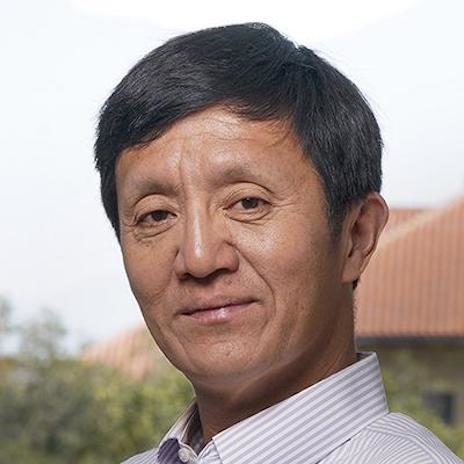
Liqun Luo, PhD
“Studying syndromic disorders, like SMS and Rett syndrome — which share features of autism but are caused by a single gene with a clear etiology and molecular function — allows us to find commonalities and differences and will pave the way for future studies of many more genes that affect autism.”
Liqun Luo is a professor of biology and the Ann and Bill Swindell professor in the School of Humanities and Sciences at Stanford University, and is a professor of neurobiology at Stanford University School of Medicine.
Liqun Luo is interested in the development and organization of the brain – from individual neurons to complex neural circuits. Working in developing flies and mice, Luo and his team have designed and applied genetic tools to characterize mechanisms of neural development, including growth cone signaling, dendrite morphogenesis, axon pruning, and wiring specificity of neural circuits. In addition, they are studying the anatomical organization and functional properties of neural circuits in adult animals.
Luo earned his bachelor’s degree in molecular biology from the University of Science and Technology of China in 1986. He completed his PhD at Brandeis University in 1992, studying the Drosophila melanogaster homolog of the Amyloid precursor protein. After his postdoctoral work in the lab of Lily Jan and Yuh Nung Jan at the University of California in San Francisco, he became an assistant professor in the Department of Biology at Stanford University in 1996.
Luo has been an Investigator of the Howard Hughes Medical Institute since 2005, and is a member of the National Academy of Sciences and the American Academy of Arts and Sciences. He has received numerous awards including the Technology Innovation in Neuroscience award from the McKnight Foundation and The Young Investigator Award from the Society for Neuroscience.





